To Protect Gerrymanders, GOP Lawmakers Target Judges — and Voters
The GOP’s attacks are highlighting the importance of state courts as perhaps the last line of defense for protecting fair elections.

Read in-depth op-eds on voting rights and democracy from our contributors, guest authors and Democracy Docket's founder, Marc Elias. Use the drop-down menu to organize by topic.
The GOP’s attacks are highlighting the importance of state courts as perhaps the last line of defense for protecting fair elections.

With all the chaos coming from the Trump administration, it’s important to remember that it also continues to advance judicial nominees — judges who will serve for the rest of their lives, long after Trump is no longer president.
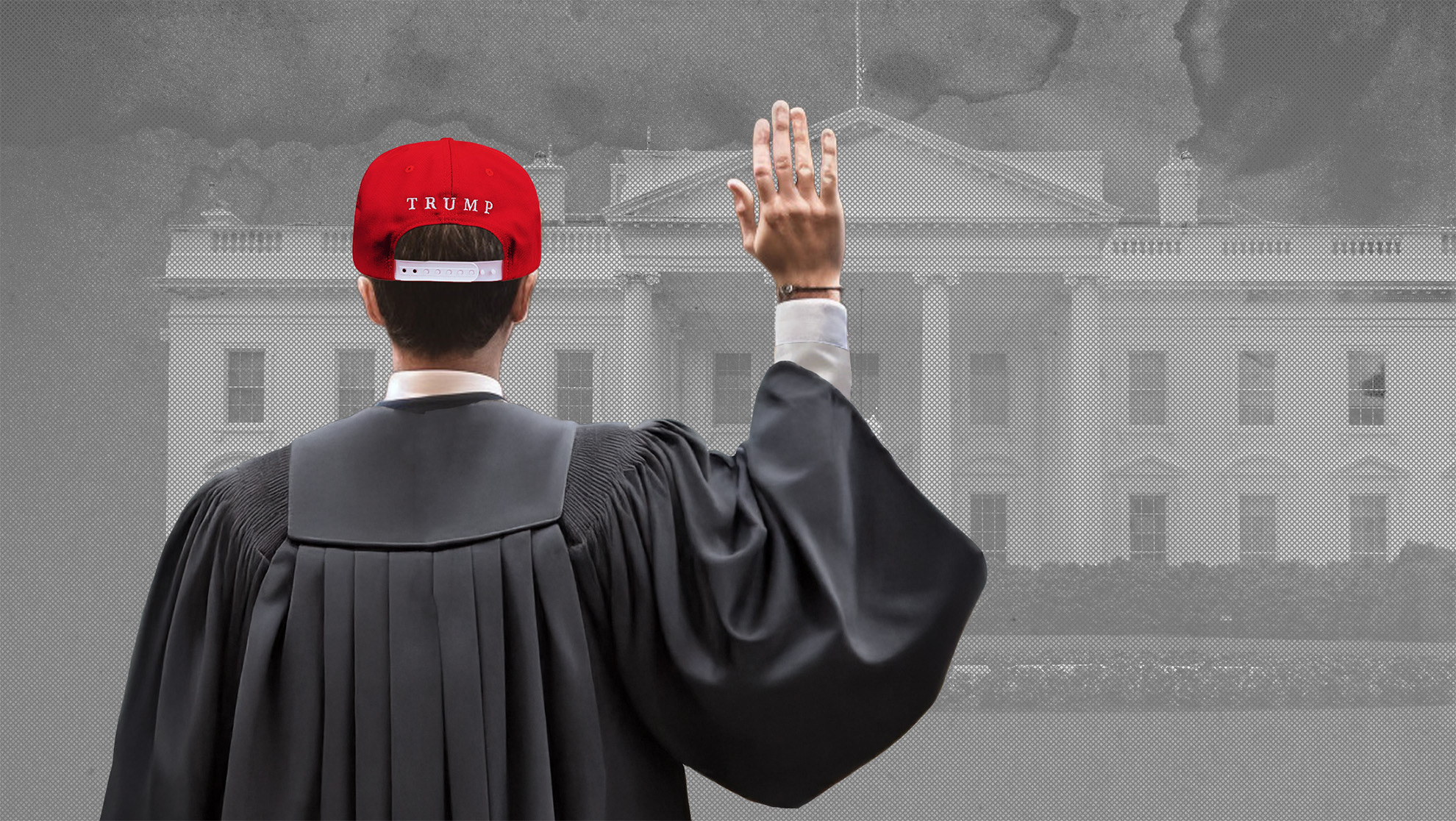
With the “shadow docket” full of appeals from the Trump administration, the term hardly feels over.
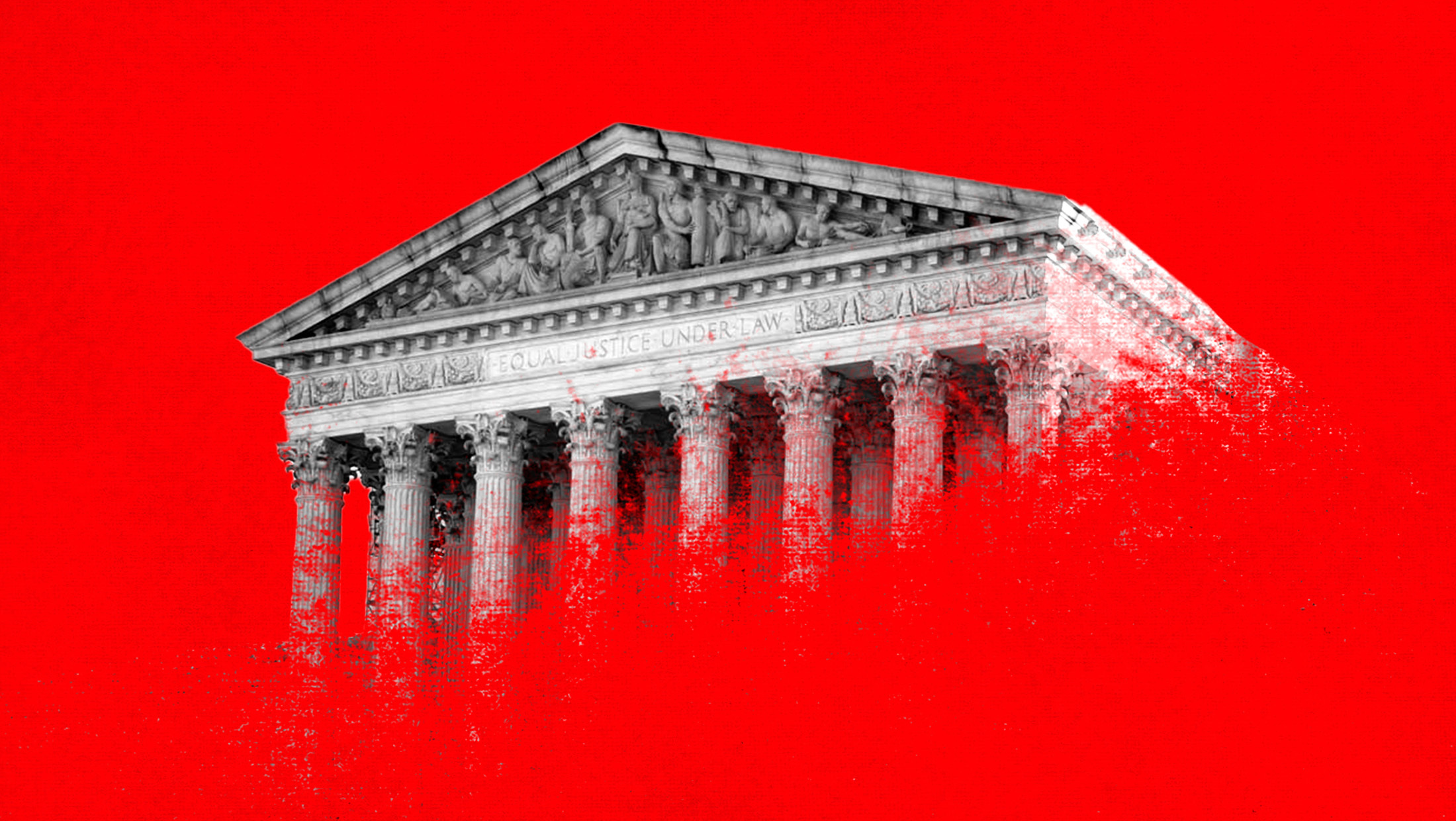
In decision after decision, it became clear that the Republican justices have gerrymandered the law to generate a bunch of legal rules that fit pretty neatly into the Republican Party’s preferences.
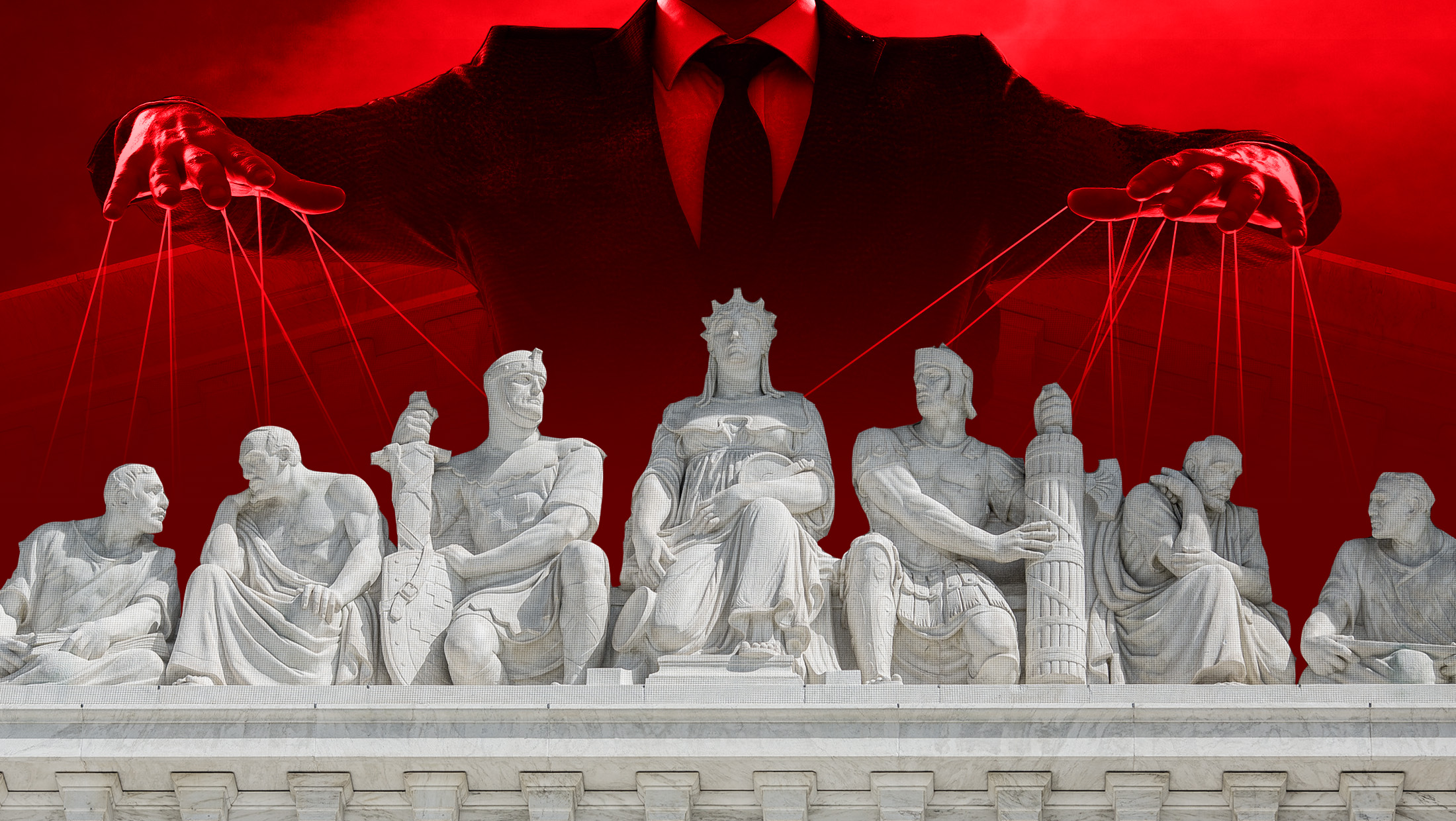
This squabble may seem like the kind of political theatre we’re used to from Trump, but coupled with other actions by his administration, it signals a new level of intentional attack on the rule of law.
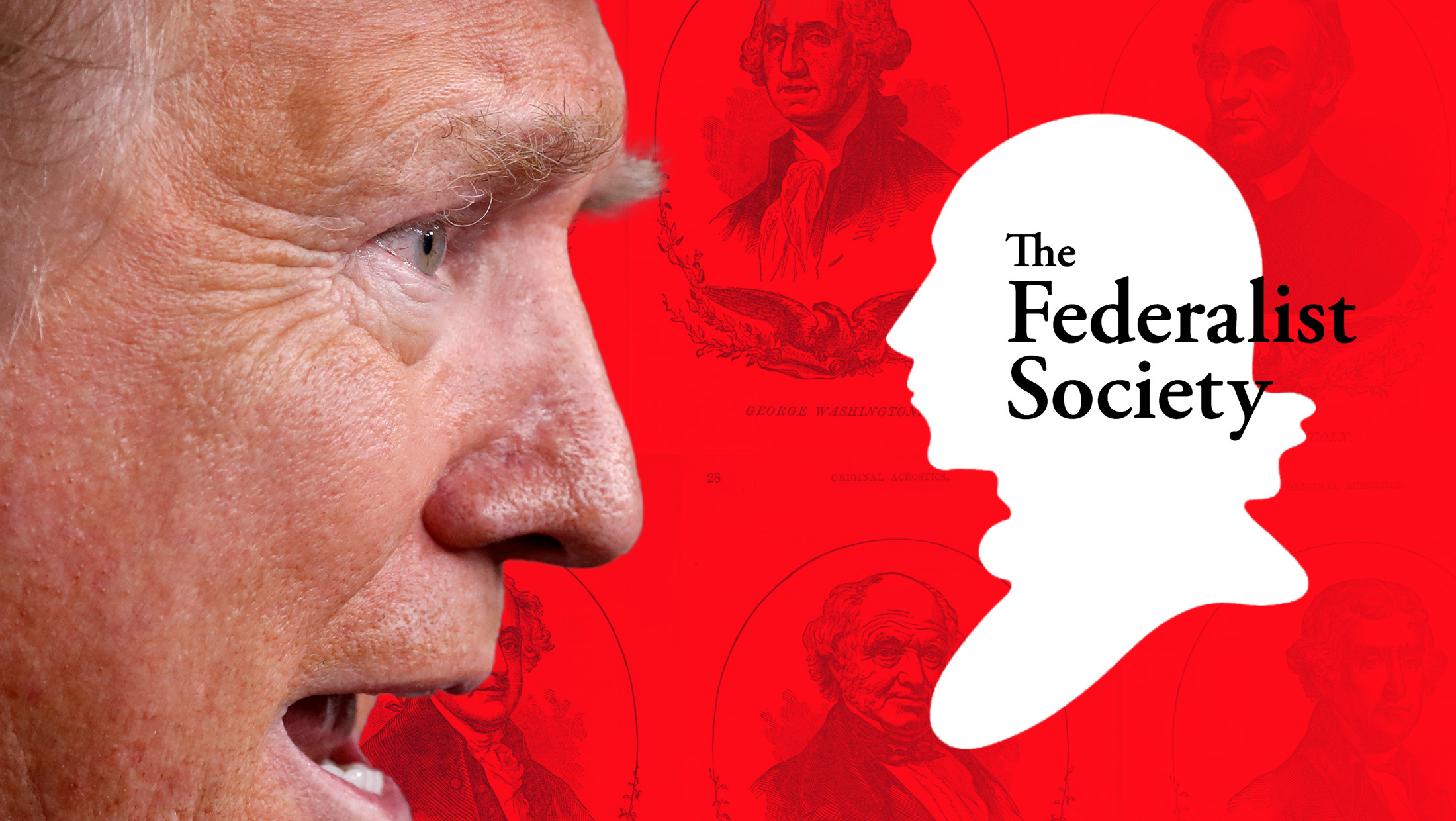
Justice Roberts’ determination that he will leave policy involving queer people to the “democratic process” is nothing more than a mirage.
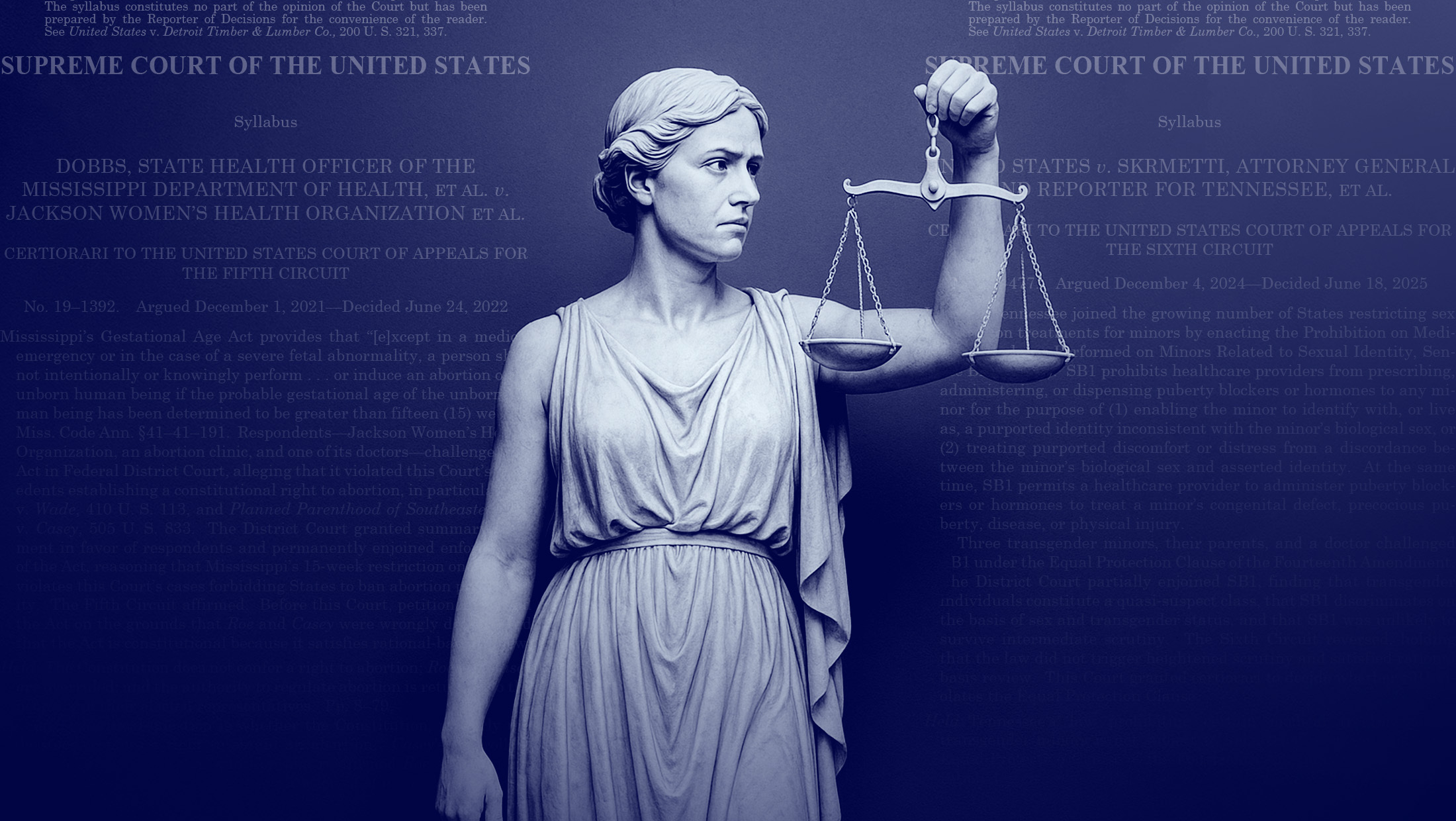
In an era when judges are often assessed by their commitment to democracy, Justice Sonia Sotomayor stands as a stalwart in the pro-democracy camp.
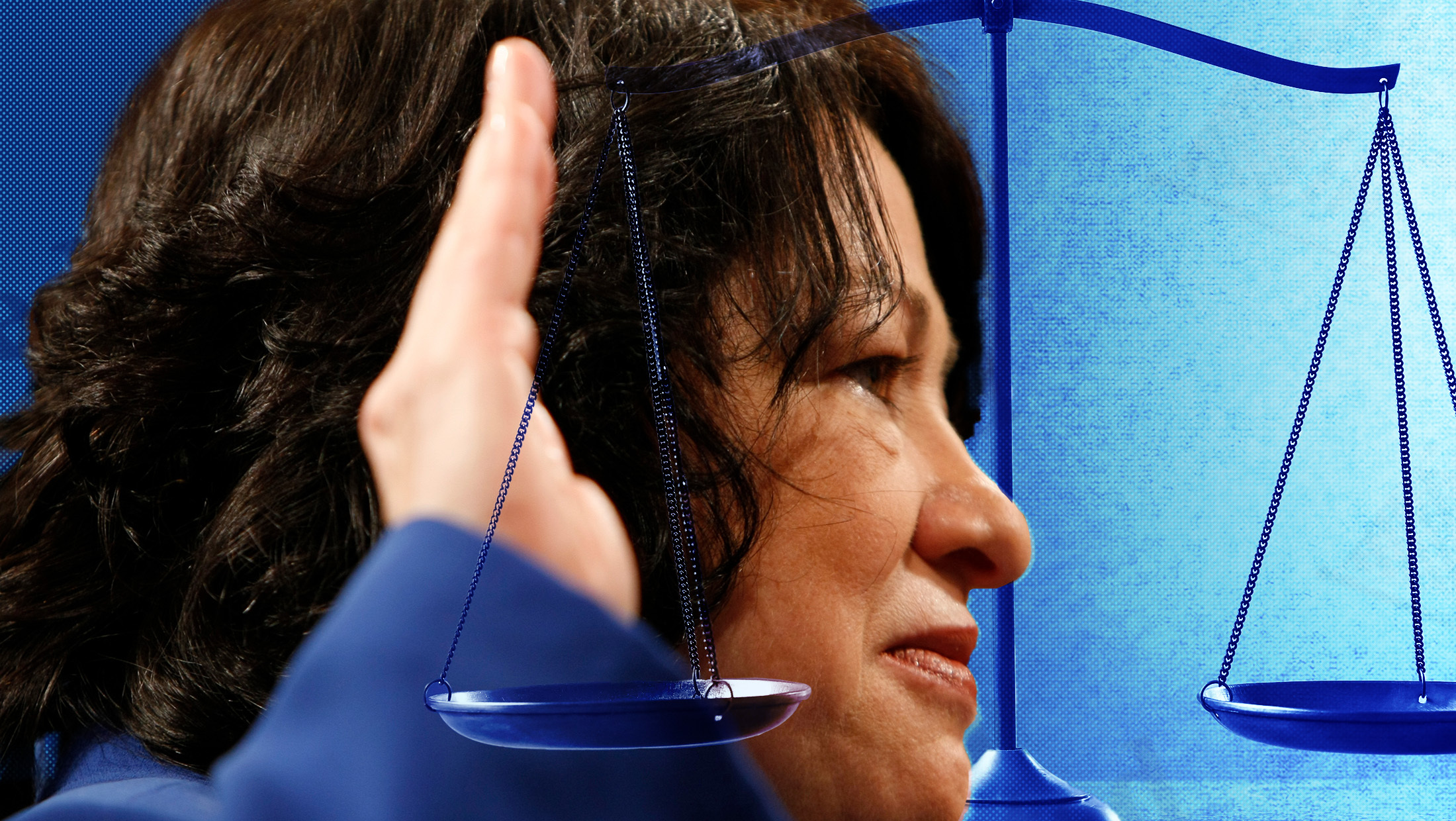
If there is one thing that is clear from Donald Trump’s first 100 days, it is that he is not a regular president. But the courts continue to treat him as one, which is what has us barreling towards a full-blown constitutional crisis.

We can’t always count on our courts to do the right thing, but we certainly need them to be empowered to try.
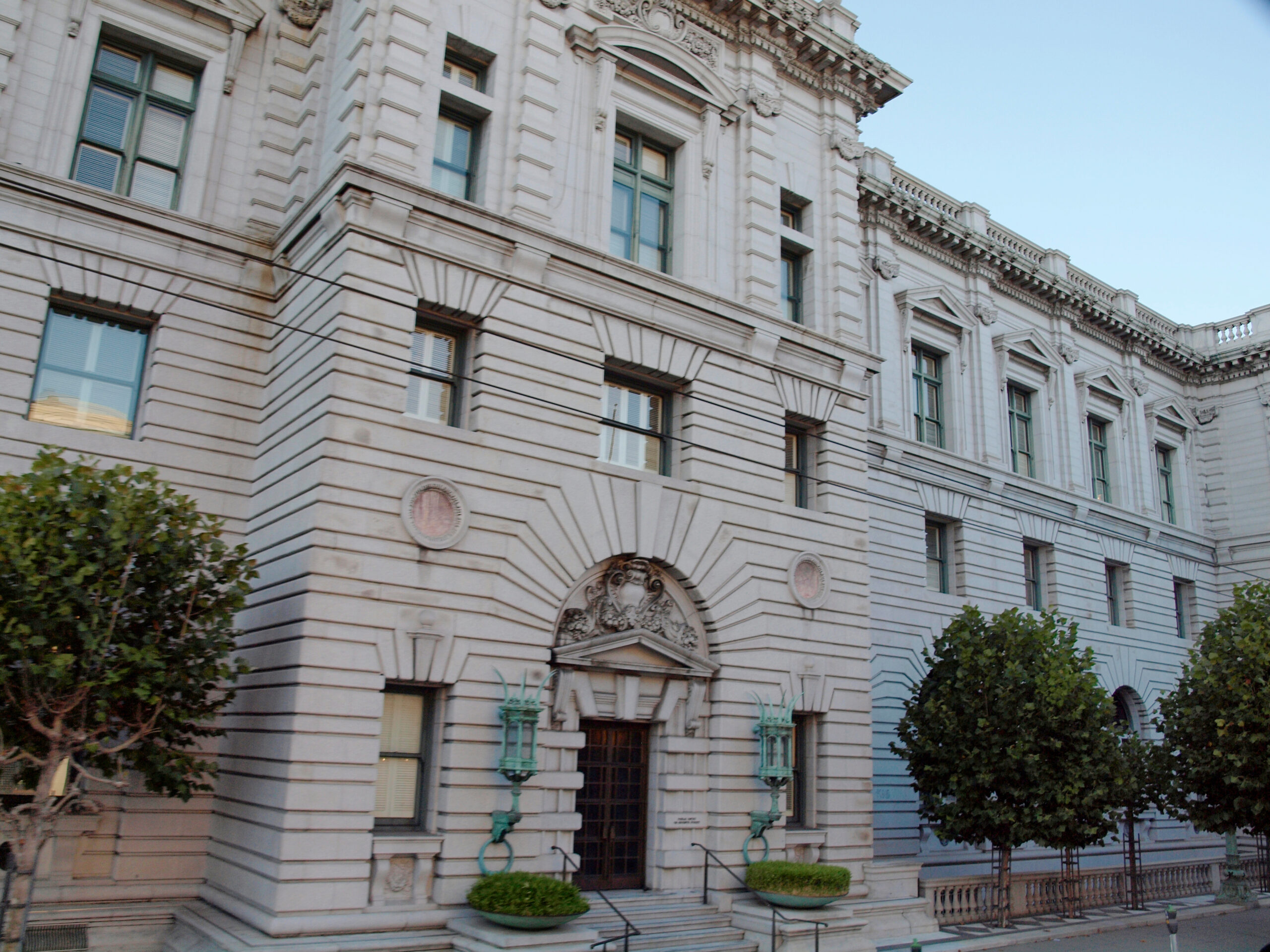
The GOP has so far failed to convince a court to adopt its radical approach to contesting elections. That could change with this race in North Carolina.
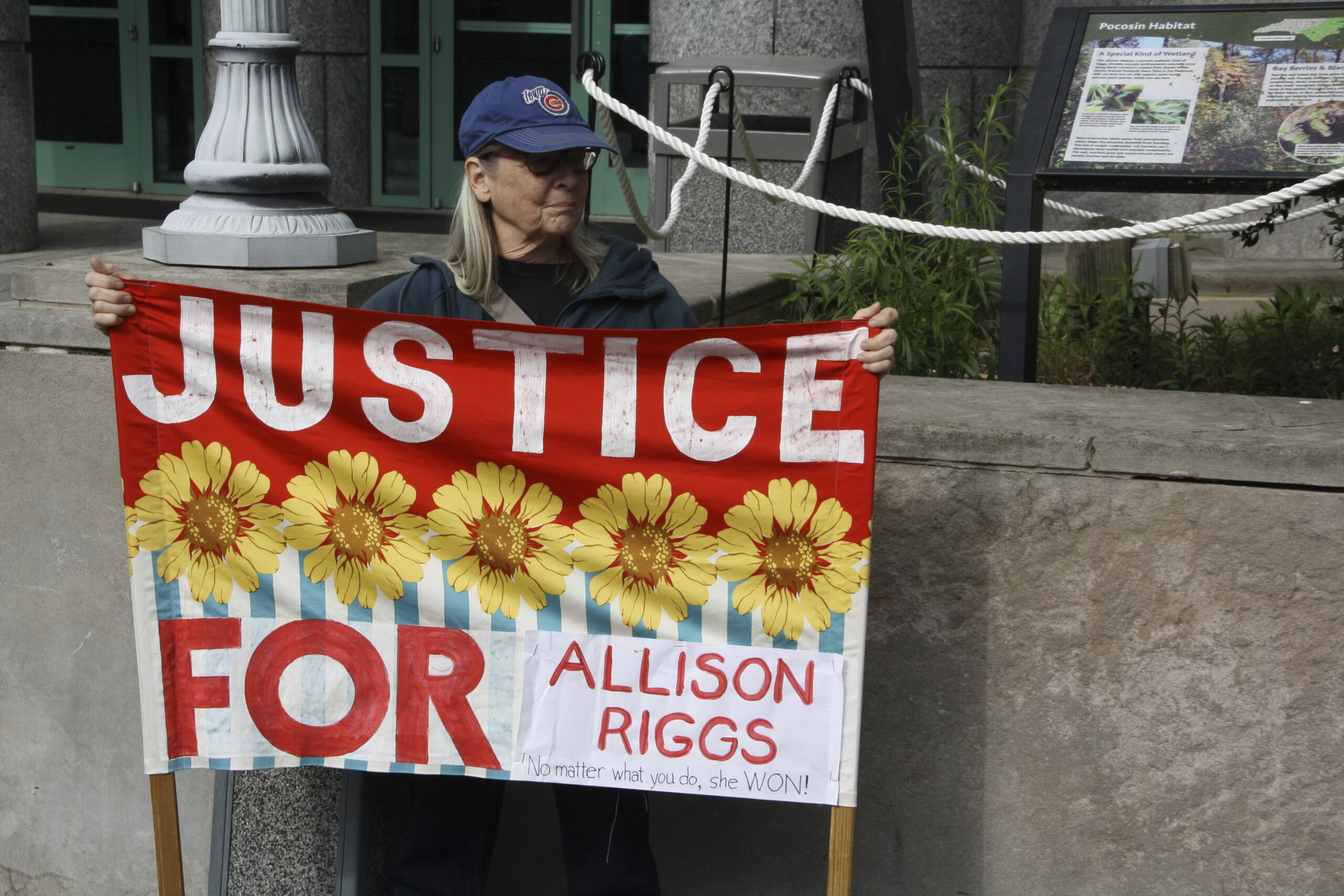
Page 1 of 5